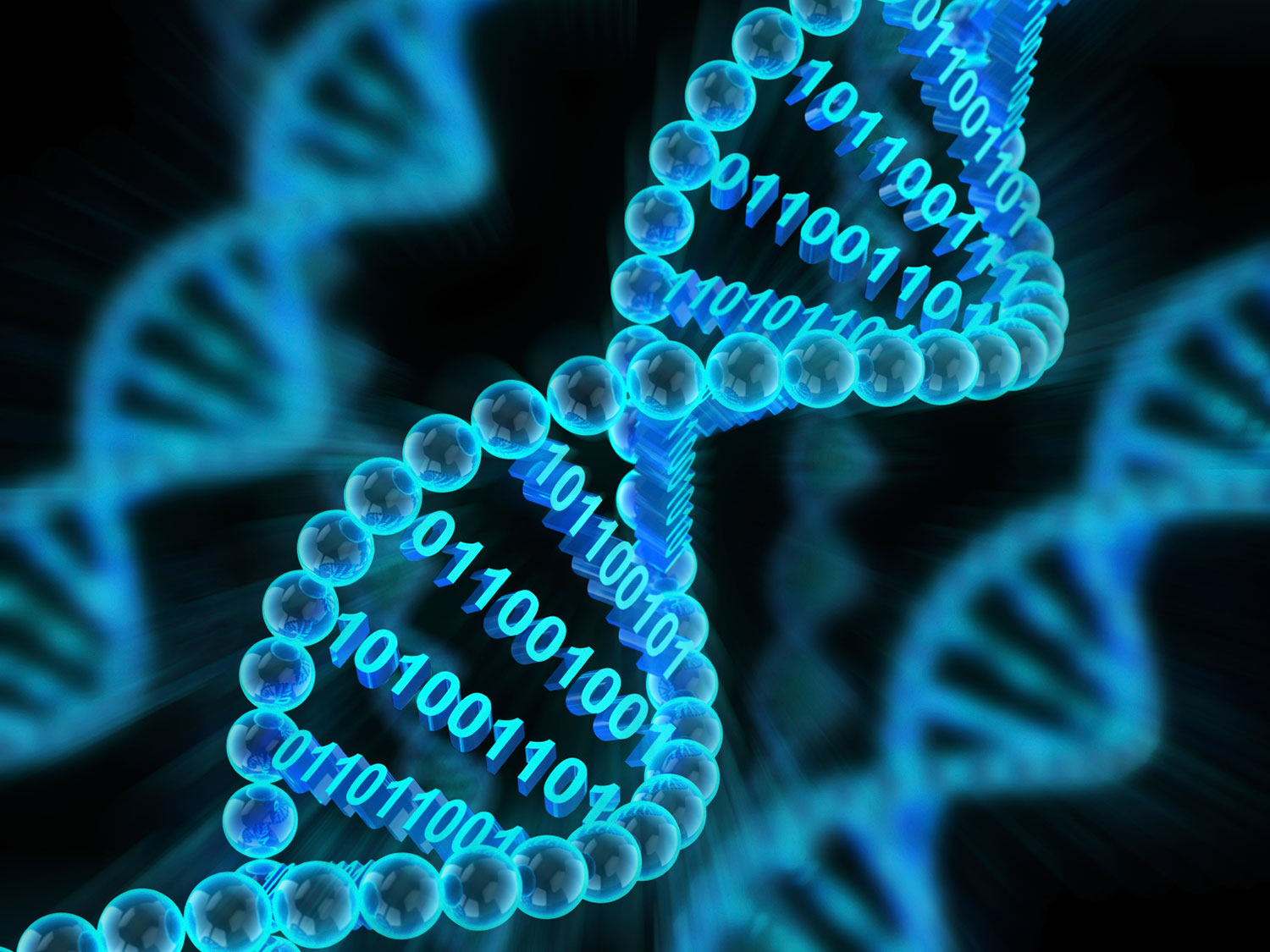Code Masters
Will the private sector be allowed to patent our genes?

University researchers who have identified genetic mutations linked to a disease typically form partnerships with industry to develop screening tests for doctors. For the researchers, this gets their findings out in the field, and for biopharmaceutical companies it’s an appealing opportunity to own the rights to run all diagnostic tests for a disease. These exclusivity deals include patenting the genes in question, but in May last year the American Civil Liberties Union and the Public Patent Foundation filed a lawsuit against Myriad, who co-own several patents on the two genes responsible for most inherited cases of breast cancer. They claim that it is unconstitutional to patent a natural gene, a charge which, if it is upheld, could cause major problems for a lot of other diagnostic testing monopolies too. A fortnight ago the judge postponed making a decision in the case, claiming the issues involved are too serious and complicated.
It’s hard to see how our genetic material can be patented by a corporation, as the defence attorney last week plainly put it: “Patenting human genes is like patenting E=mc2, blood, or air.” But aside from grappling with near-philosophical ideas of whether big pharma can or should ever own your genes, the practical effects of this system are just as worrying.
The genes co-owned by Myriad were identified at the University of Utah, as the result of publicly funded research programs. But since Myriad were granted an exclusive licence, it’ll now set you back around $3,000 dollars to find out if you’re predisposed to breast cancer – a lucrative monopoly which they are obviously keen to protect. Owning the gene patent has allowed Myriad to shut down research at other labs, handily keeping a lid on the development of any alternative tests and keeping prices high. Some US insurance companies do cover the tests, something that Myriad have worked to ensure is the case. Realistically though, inside and outside the US, the patents being challenged restrict the availability and affordability of access to information in our own genes.
Myriad argue that the patent system encourages research – without exclusive rights there would be no incentive for companies to invest in studies and broker deals with insurance companies. However, the majority of the developmental research which identifies relevant mutations happens before the biopharmaceutical companies get involved, leaving them to show up just in time to enjoy the fruits of federally-funded labour.
Better understanding of gene functions in disease is obviously beneficial for all, making it crucial that developments are properly handled as they shift from academia to industry. The Myriad case will have major implications for gene patenting and diagnostics, and whatever the outcome of this particular legal wrangle, it raises questions about what can be legitimately owned and sold in this arena. In denying access to the information written in our own DNA, information that taxpayer money has helped discover, the private pharmaceutical sector is taking on a decidedly dystopian hue.

Share
Tweet this Share on Facebook